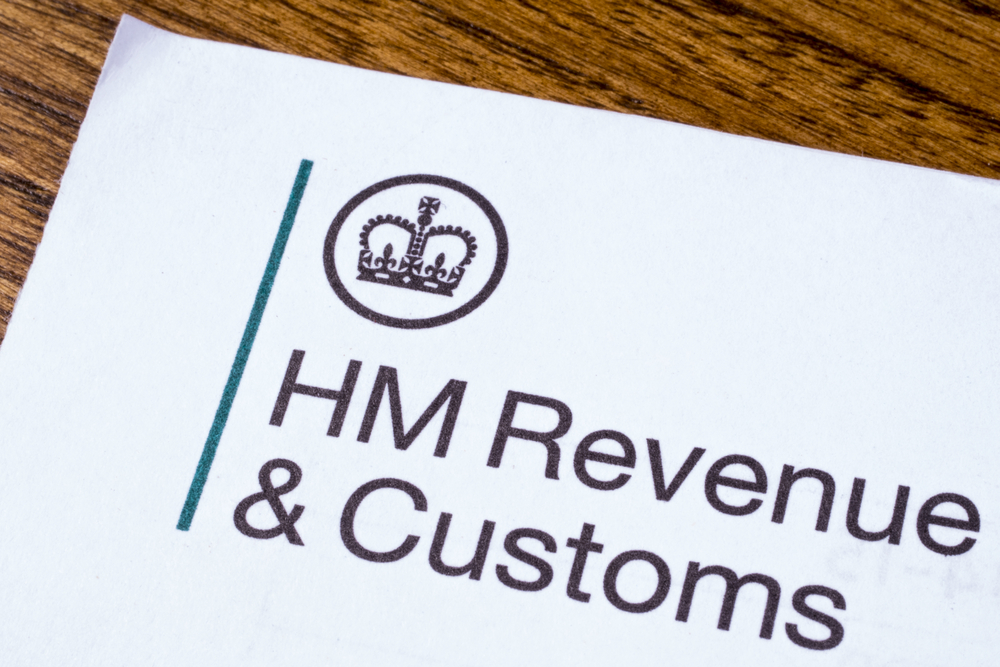HMRC takes record £860m in penalties
Last year, HMRC imposed a record £860m in penalties on individual taxpayers, up 24% from £694m in 2017/18, according to accounting group UHY Hacker Young
Last year, HMRC imposed a record £860m in penalties on individual taxpayers, up 24% from £694m in 2017/18, according to accounting group UHY Hacker Young

In 2018/19 (year-end May 31st), HMRC imposed a record £860m in penalties on individual taxpayers, up 24% from £694m in 2017/18, according to UHY Hacker Young.
An increasing number of people are struggling to make tax payments on time which has led to a steep increase in the value of penalties imposed by HMRC for late tax payments, according to the accounting firm.
“Penalties for late tax payments can be extremely punitive and people need to avoid them at all costs,” said Clive Gawthorpe, Partner at UHY Hacker Young. “For the most severe penalties, individuals may find that the amount they owe to HMRC has doubled – potentially putting some people in a very difficult position.”
The longer taxpayers leave tax bills unpaid, the more they accumulate in late payment fines and penalties, adding further to their debts.

The penalties cover both late payments and overdue tax returns. Taxpayers face penalties worth 5% of the tax due if either their tax return or their tax payments are more than six months overdue – a penalty that is repeated after 12 months. The penalty for late filing is £100 and there is a £10 per day penalty for filings which are more than 3 months late.
Some individuals missing tax payment and filing deadlines by 12 months are also being hit with further penalties of up to 100% of the amount of tax due if HMRC rules that their late payment or filing is deliberate. The use of these much higher penalties may have been a key factor behind this year’s total.
Some taxpayers may be finding meeting tax payment deadlines more difficult as living costs in the UK continue to rise and the economy struggles, Gawthorpe suggested.
“A very sluggish economy means many people do not have much of a cash cushion. As a result, when tax payments fall due, some may find themselves simply unable to pay.”
“There are simple steps that people can take to avoid being hit with hefty penalties. Budgeting throughout the year and making sure that people keep enough cash aside to pay their taxes on time can help them avoid this.”
“Taxpayers can also help alleviate the pressure to meet tax bills by contacting HMRC and negotiating a sensible payment plan to pay back tax due in instalments by using the Time to Pay initiative.”